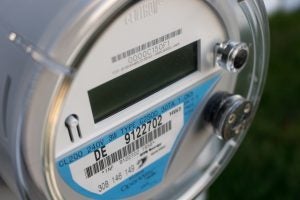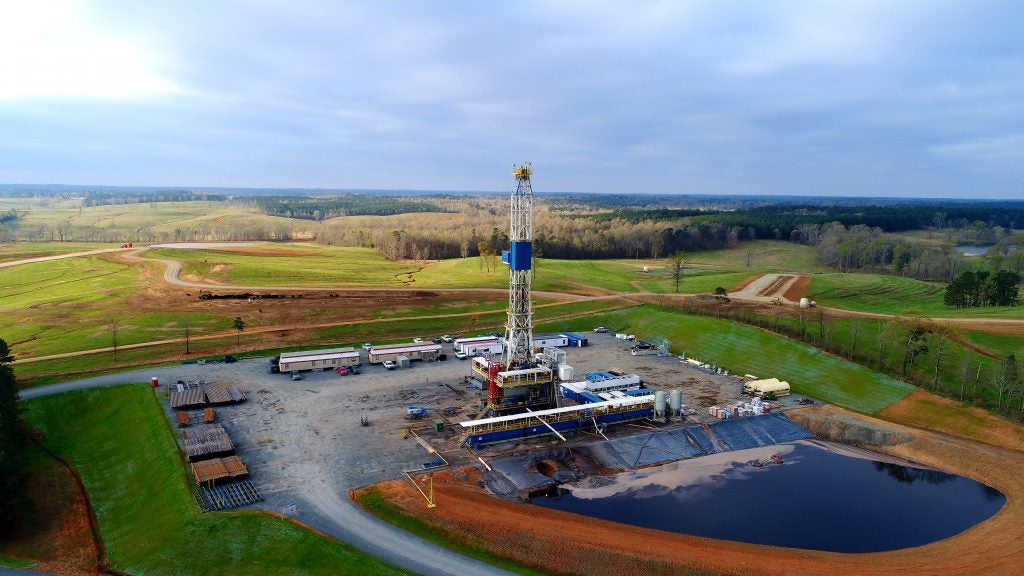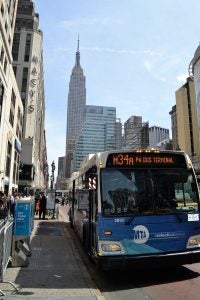 The urgent need to decarbonize the energy system makes it imperative for state and federal regulators to understand the climate impacts of proposed energy infrastructure. Officials deciding whether to approve new natural gas pipelines must be able to answer a crucial question: Will a particular pipeline reduce pollution by speeding the demise of more carbon intensive alternatives, or increase greenhouse emissions by locking in dependence on another fossil fuel?
The urgent need to decarbonize the energy system makes it imperative for state and federal regulators to understand the climate impacts of proposed energy infrastructure. Officials deciding whether to approve new natural gas pipelines must be able to answer a crucial question: Will a particular pipeline reduce pollution by speeding the demise of more carbon intensive alternatives, or increase greenhouse emissions by locking in dependence on another fossil fuel?
Yet to date, natural gas utilities and pipeline developers have been largely unwilling to provide detailed life cycle greenhouse gas (GHG) assessments to regulators reviewing their supply projects and plans. Nor have regulatory agencies been pressing for this data.
In fact just this morning, Federal Energy Regulatory (FERC) Commissioner Richard Glick testified to Congress that “the Commission is ignoring its statutory mandates under the Natural Gas Act by refusing to analyze reasonably foreseeable greenhouse gas emissions associated with new interstate natural gas pipelines and facilities used to import or export liquefied natural gas.”
But a new analysis released this week of a proposed interstate pipeline project in New York and New Jersey significantly advances this compelling need. The fact that it was commissioned by a utility company makes it even more significant.




